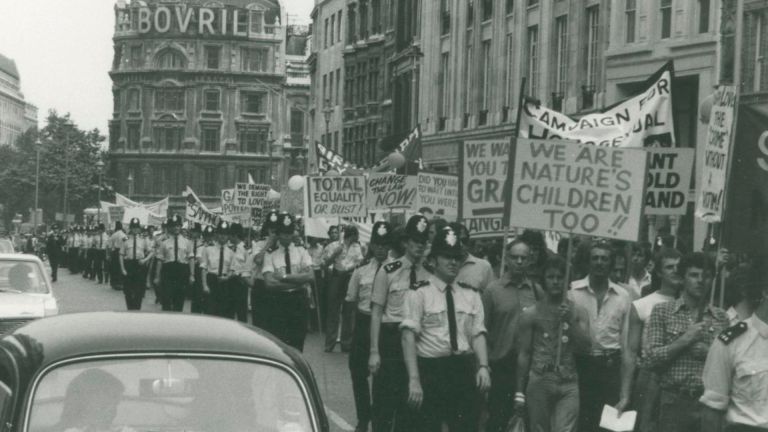Many wizened old hands scoffed at the #JezWeCan phenomenon and I confess I was one of those cheerfully scoffing too. Look, we said, however avuncular he may seem, the British people are not going to vote for Jeremy Corbyn. He will lead Labour to 1983, not 1997 and not just in terms of policy either. The result would be a rout; the kind of humiliation that sets a party back by at least a decade.
In like fashion, we recalled that the single most important truth about non-voters is that they do not vote. Appealing to them, then, was a quixotic enterprise, doomed to ultimate disappointment. This was not baseless commentary; we had science – or, at any rate, political science – on our side.
The 2017 election refuted the long-established observation that campaigns usually make little difference
Sometimes, however, circumstances change. There are always exceptions to general rules. The 2017 election refuted the long-established, and deservedly popular, observation that campaigns usually make little difference. Well, this time they did. Late-deciding voters swung heavily behind Labour rather than, as is more often the case, behind the incumbent party.

Meanwhile, the proportion of younger votes who bothered to vote increased by more than 15 points, compared to 2015. Just 30 per cent of “Generation Rent” voters endorsed the Conservatives. Less noticed, but equally importantly, the percentage of pensioners who voted actually fell. Both phenomena helped Labour at the expense of the Conservatives.
And so even though – and it is important to insist upon this – Labour did not win the election, Corbyn emerged from it with his reputation enhanced and, just as significantly, with a vice-like grip on the Labour party’s future. The doubters within his own party, to say nothing of his many enemies, must bow to the people’s verdict and kiss the leader’s ring. The right remains baffled and so it has become important to sneer at the young boobies who voted for Corbyn. One day, the thinking (if we can so dignify it) goes, these people will come to their senses and appreciate that Corbyn is not the man they think he is.
Many Labour voters, it is true, seem unaware that Corbyn is a long-time Eurosceptic whose vision for Brexit is considerably “harder” than that of the Labour Party as a whole. But – and this is the crucial point – Corbyn didn’t start it. He didn’t foist Brexit upon a younger generation that, on the whole, voted to remain in the EU. And when he speaks of solidarity and a colour-blind politics in which we should all rub along together he speaks directly to how the millennial mind likes to think of itself: decent and liberal, even if sometimes earnestly so.









